Understanding Specialty Industrial Fasteners: Essential Solutions for Demanding Applications
Created at : Aug 7, 2024
Specialty industrial fasteners are custom-engineered or specially designed fasteners used in unique or demanding applications that standard fasteners cannot meet. These fasteners are typically made from high-grade materials, such as stainless steel, titanium, or other alloys, to withstand extreme conditions like high temperatures, heavy loads, corrosion, or chemical exposure. They can also be designed to meet specific mechanical properties, such as high tensile strength, resistance to fatigue, or electrical conductivity.
Key Types and Features of Specialty Industrial Fasteners:
- Custom Fasteners: These are fasteners made to specific dimensions, thread types, or head styles to fit unique applications.
- High-Strength Fasteners: Used in environments that require exceptional tensile strength and durability, such as aerospace or heavy machinery.
- Corrosion-Resistant Fasteners: Made from materials like stainless steel, nickel alloys, or coated with special finishes to resist rust and corrosion, essential in marine or chemical processing environments.
- High-Temperature Fasteners: Designed to maintain integrity under extreme heat, often used in applications like exhaust systems, engines, or industrial furnaces.
- Vibration-Resistant Fasteners: Feature designs or materials that prevent loosening due to vibration, commonly used in automotive or heavy machinery.
- Non-Metallic Fasteners: Made from materials like nylon, plastic, or composite materials for applications where non-conductivity, light weight, or chemical resistance is crucial.
- Tamper-Resistant Fasteners: Designed with special heads that require unique tools to install or remove, used in security applications to prevent unauthorized access.
- Captive Fasteners: Designed to remain attached to the component even when not engaged, preventing loss and ensuring easy reassembly.
Specialty industrial fasteners are essential in industries such as aerospace, automotive, construction, marine, oil and gas, and medical devices, where specific requirements cannot be met by standard fasteners.
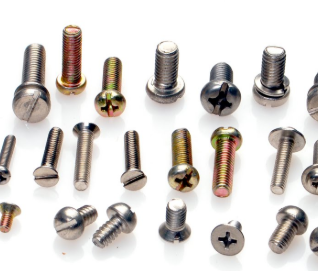 SCREWS
SCREWS
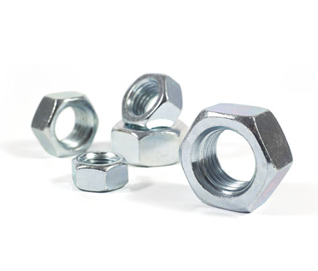 NUTS
NUTS
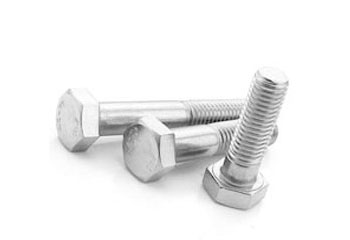 BOLTS
BOLTS
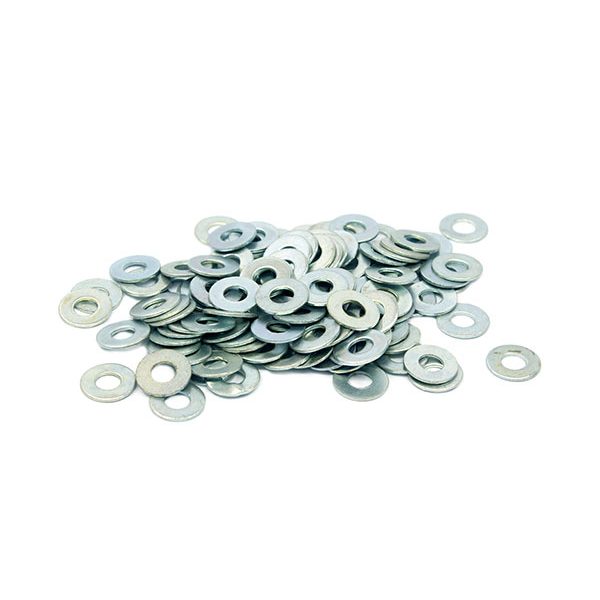 WASHERS
WASHERS
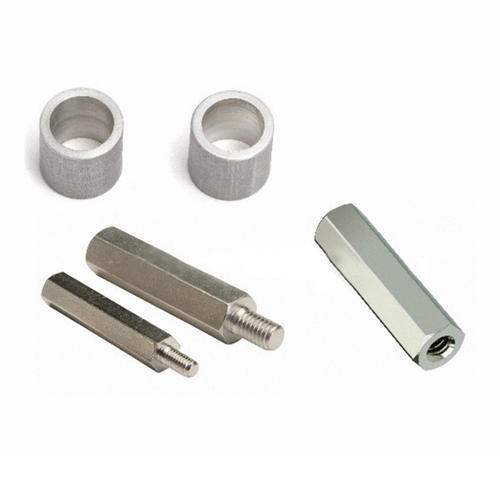 SPACERS & STANDOFFS
SPACERS & STANDOFFS
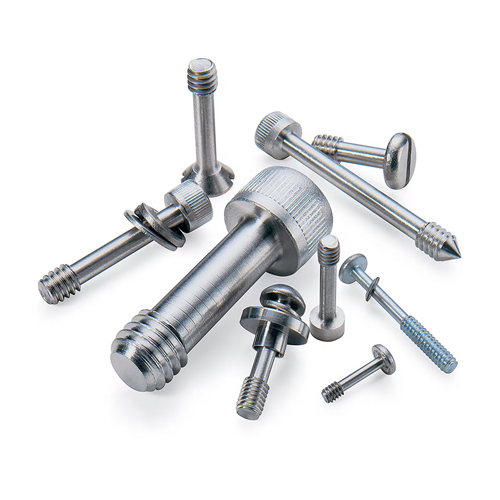 PRECISION/CUSTOM PARTS
PRECISION/CUSTOM PARTS
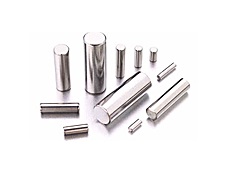 PINS
PINS
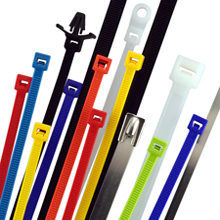 WIRE HANDLING
WIRE HANDLING
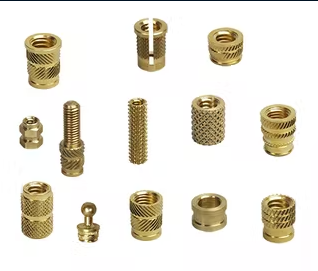 INSERTS
INSERTS
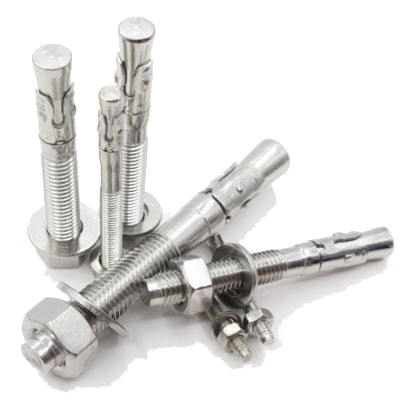 ANCHORS
ANCHORS
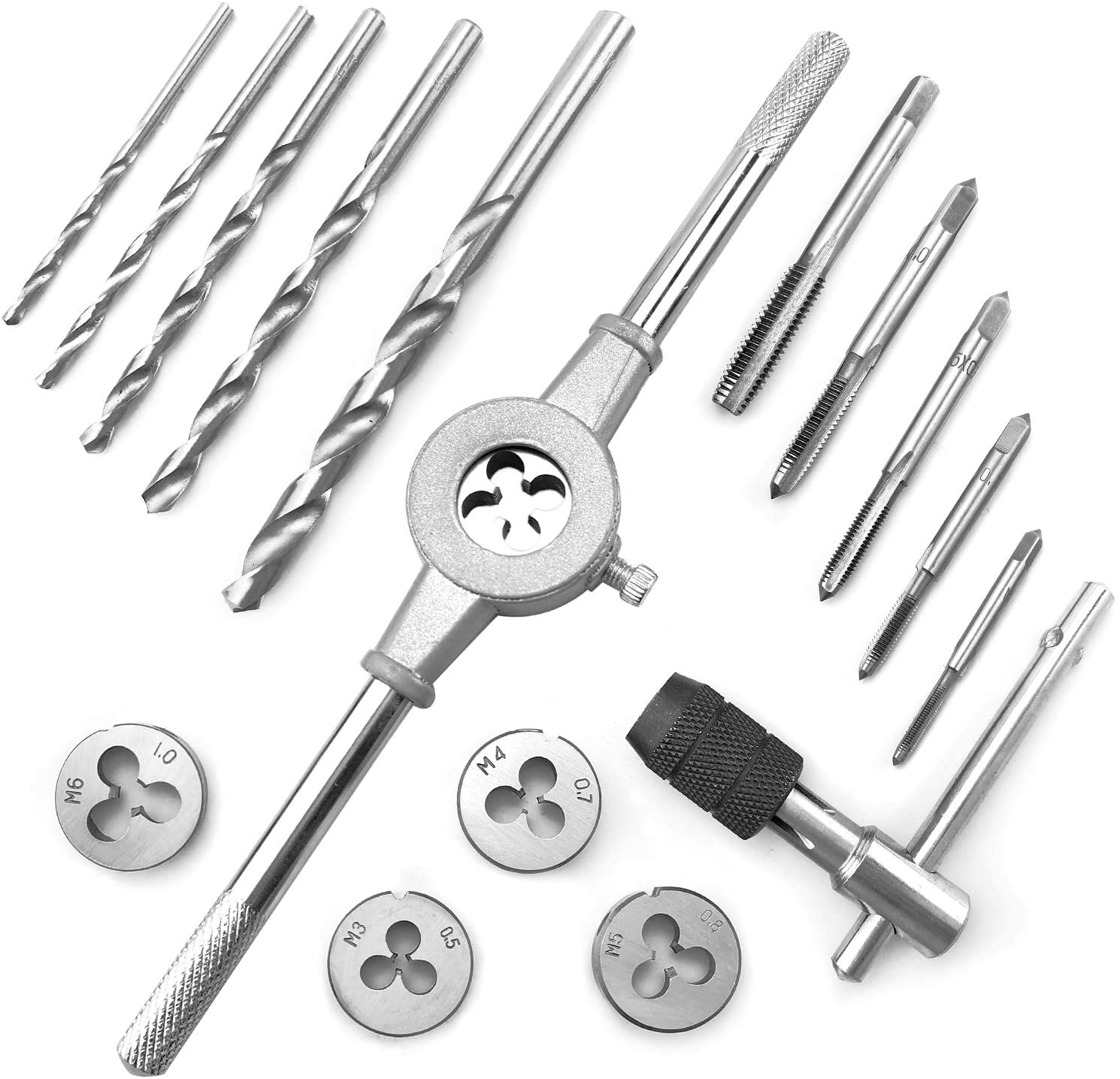 DRILL BITS, TAPS, & DIES
DRILL BITS, TAPS, & DIES
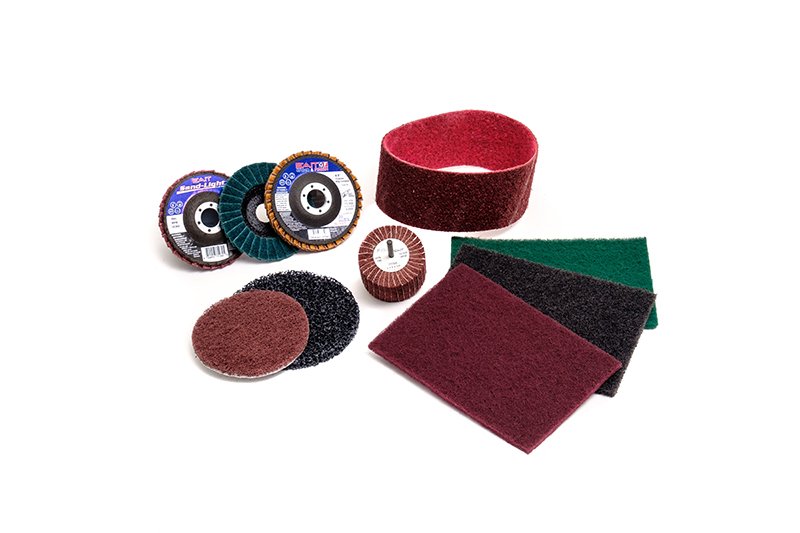 ABRASIVES & SAWBLADES
ABRASIVES & SAWBLADES
 SAFETY EQUIP.
SAFETY EQUIP.
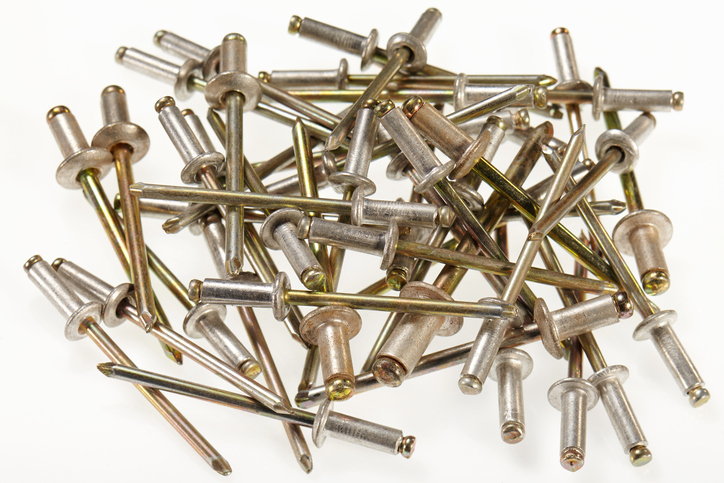 MISC.
MISC.
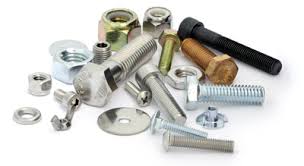 MATERIAL TYPES
MATERIAL TYPES
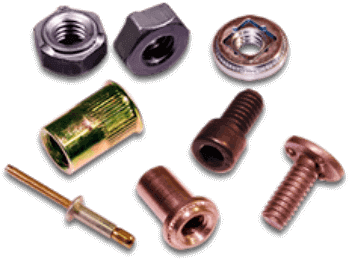 PLATING TYPES
PLATING TYPES